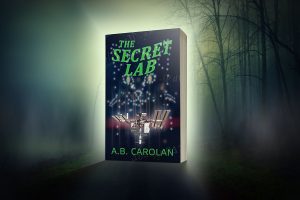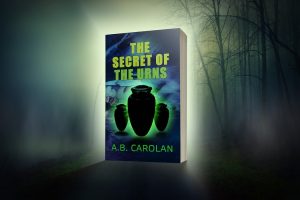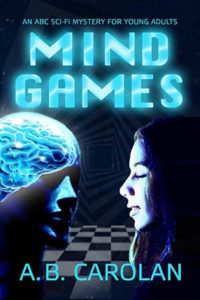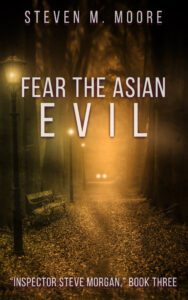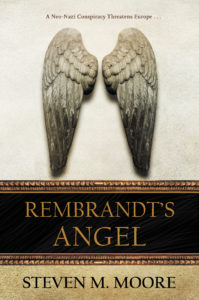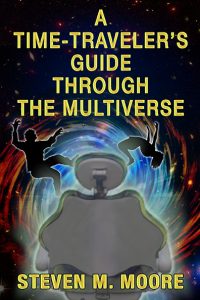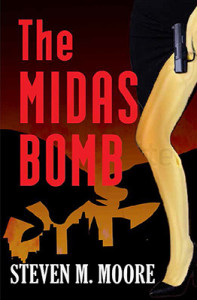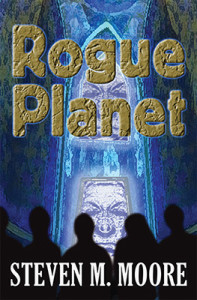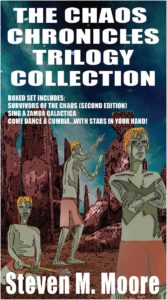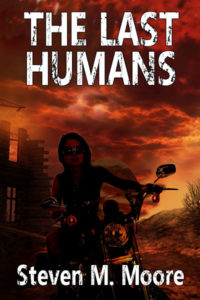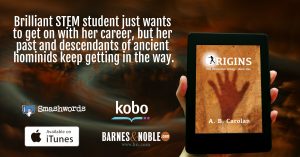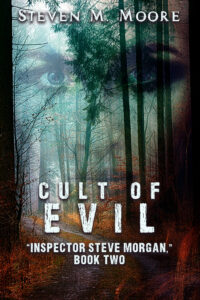Reading is more than literacy…
Wednesday, May 31st, 2023Literacy is not equivalent to reading and writing. You can be literate without even reading a book. (Baldacci’s literacy project is a misnomer in that sense.) Today’s younger generations might be literate but most are not readers. I can’t blame them too much because they have so many entertainment alternatives now besides reading a good book. I pity them instead because they’ll never have the wonderful experience of reading a good story that grabs them and makes their imagination run wild. Their minds need the crutches of technicolor images and bombastic soundtracks because they’ve never fully developed those imaginations…or even tried.
Adults who have stopped reading earn more pity. They often offer other excuses—lack of time, waning attention spans, too much reading in their working lives, and all those temptations that affect younger generations. I used to do book events (Covid ended that activity), and the scientific observer in me noticed back then that audiences were getting progressively older.
Many older adults, myself included, started reading at a young age. We didn’t worry about literacy or experiencing new places and cultures (although that was a side benefit our parents could applaud); we simply wanted to be entertained, and we did that with heroes and villains much more developed than those two-dimensional caracitures found on TV and in the movies. Audiovisual media eliminates all the good stuff that goes on in our minds when reading, a book’s author doing a far better job of explaining their actions and struggles than any Hollywood director, no matter how gifted they are at their trade. That director is not a writer, and they can’t compete with an author who stimulates a reader’s imagination!
Avid readers will understand what I’m writing here in this post; non-readers never can. And that’s sad…for the writers and readers among us and for the future of human beings on this planet. Storytelling and reading stories are essential to making us human; by not telling stories and reading them, we have lost some of our humanity. Given the current sorry state of humanity, we can ill afford to lose even a little of what makes us human.
When someone says to you, “I saw a good movie the other day,” counter that with “And I read a good book, which is more fulfilling, so why don’t you try that?” In other words, let people know you’re an avid reader. Some might just wonder what they’re missing!
***
Comments are always welcome. (Please follow the rules on the “Join the Conversation” web page.)
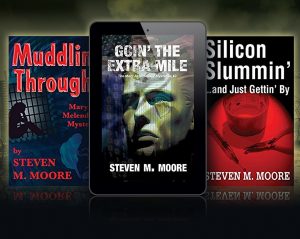 The Mary Jo Melendez Mysteries. In the first book of this trilogy, Muddlin’ Through, ex-USN-Master-at-Arms Mary Jo is working in corporate security and is framed by a secret organization to cover up their incompetence for letting the Russians steal the MECHs (“Mechanically Enhanced Cybernetic Humans”); she struggles to prove her innocence. In Silicon Slummin’…and Just Getting’ By, she takes a new job in security at a computer games company, but CIA and Russian agents are after her; they want to know where the MECHs are. In Goin’ the Extra Mile, Chinese agents kidnap her, and the MECHs set out to save her. Action, intrigue, and thrills characterize Mary Jo’s travels as readers follow her adventures around the world. These “evergreen books” are as fresh and entertaining as the day the author finished their manuscripts. Available wherever quality ebooks are sold.
The Mary Jo Melendez Mysteries. In the first book of this trilogy, Muddlin’ Through, ex-USN-Master-at-Arms Mary Jo is working in corporate security and is framed by a secret organization to cover up their incompetence for letting the Russians steal the MECHs (“Mechanically Enhanced Cybernetic Humans”); she struggles to prove her innocence. In Silicon Slummin’…and Just Getting’ By, she takes a new job in security at a computer games company, but CIA and Russian agents are after her; they want to know where the MECHs are. In Goin’ the Extra Mile, Chinese agents kidnap her, and the MECHs set out to save her. Action, intrigue, and thrills characterize Mary Jo’s travels as readers follow her adventures around the world. These “evergreen books” are as fresh and entertaining as the day the author finished their manuscripts. Available wherever quality ebooks are sold.
Around the world and to the stars! In libris libertas!
